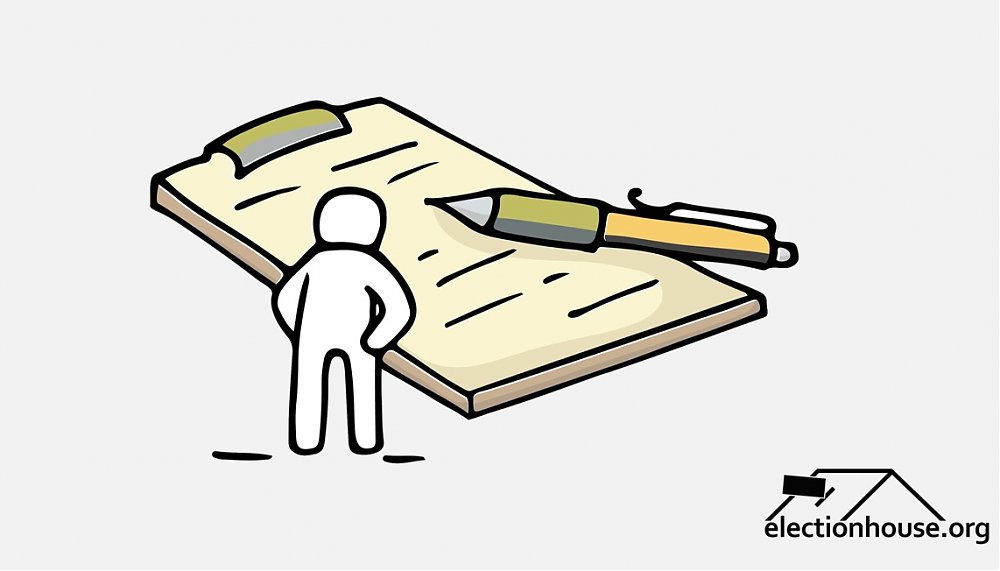After 25 years of reform, civil society movements are faced with increasingly significant challenges when dealing with state power. Political parties which should serve as intermediaries between the people and the government tend to experience oligarchy and dynasty. Elections as an instrument of democracy are not working as they should.
"I even describe a new tendency where the media is also influenced by politics (power)," said Constitutional Law Expert Jimly Asshiddiqie during the discussion organized by the Central Information Commission (KIP) titled "The Strategic Role of Students in Ensuring Election Information Transparency for an Open 2024 Election," held in Jakarta on September 26th.
He gave an example of a pattern that occurs with the illustration of a major entrepreneur entering the media business. After that, he contributes to various organizations until all of them are under his control. After acquiring this influence, he eventually becomes a highly influential and determining figure.
"There is a possibility that in the future, hopefully not in the near future, the President of Indonesia may control the four pillars: the state, civil society, the market, and the media. And that would be the apparatus of a new totalitarian system. In the end, there would be no place for democracy," said Jimly.
He expressed this because, in his opinion, political parties in Indonesia are experiencing oligarchy and dynastic control. Elections, as a democratic instrument, are not functioning as they should.
"Because the elections are related to the image of the state. Let's not allow our elections to be of poor quality," said Jimly.
Elections are a democratic process that concerns the entire public interest. According to Jimly, the public can make corrections to regulations that contradict the spirit of Reform and the 1945 Constitution of the Republic of Indonesia. []
Translated by Catherine Natalia











